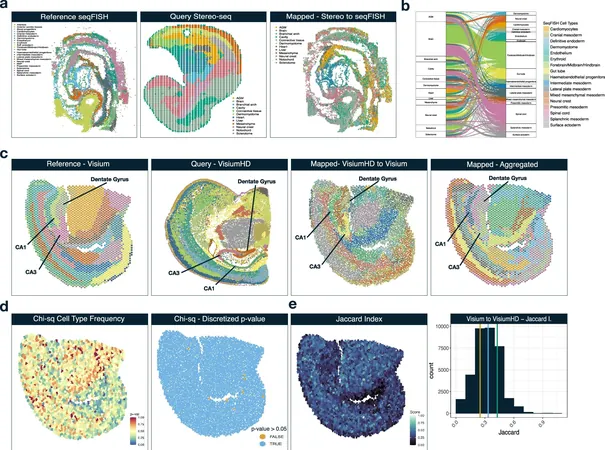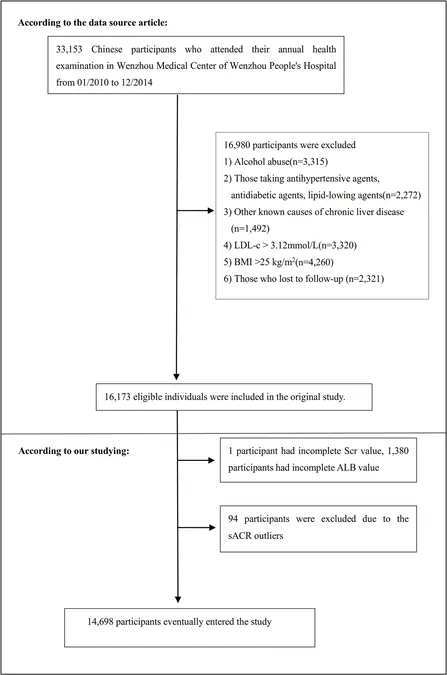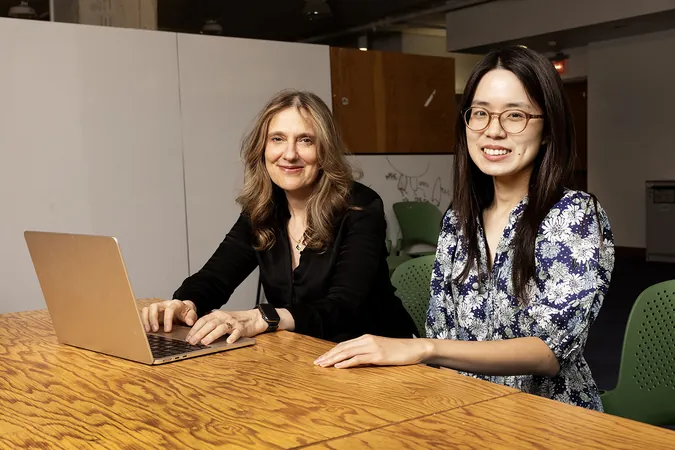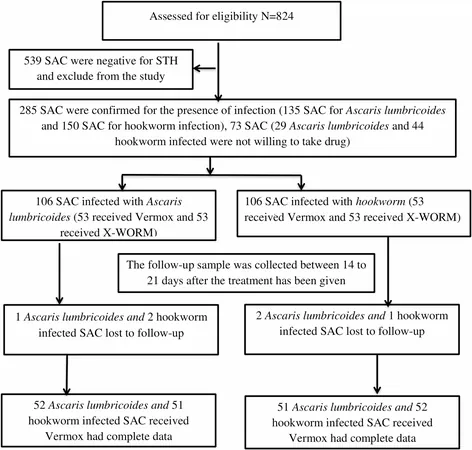
Revolutionary Cell-Mapping Tool Unveils Secrets of Cancer Behavior
2025-08-25
Author: Rajesh
A groundbreaking computational tool named Vesalius has emerged from VCU Massey Comprehensive Cancer Center, promising to transform our understanding of cancer's intricate dynamics.
This innovative tool offers a multi-layered perspective on the relationships between cancer cells and their neighboring tissues, potentially paving the way for new discoveries in the fight against resilient cancers.
Insights from Research Reveal Future Possibilities
Published in the esteemed journal, Nature Communications, the findings highlight Vesalius's potential in identifying predictive biomarkers across various cancers. This could revolutionize how clinicians personalize treatment strategies based on each patient's unique cancer profile.
The Brilliance Behind Vesalius
Led by Dr. Rajan Gogna, a pivotal figure in the Developmental Therapeutics program at Massey, the project aims to interpret vast amounts of complex cancer data meaningfully.
Unlike existing cell-mapping tools, Vesalius is the first to uncover which specific genes are operational in individual cancer cells.
"With Vesalius, we harness the power of artificial intelligence to detect spatial patterns in tissue architecture, distinguishing between patients who respond to therapies and those who do not," states Gogna. This level of detail creates an unprecedented informational territory.
Understanding Cancer Cells in Their Environment
Vesalius takes a holistic approach by analyzing entire tissues rather than isolated cells, recognizing the interconnectedness of cancer cells and their surroundings. Gogna likens this interdependency to a long-term marriage, where each partner influences the other over time.
"A fibroblast, a cell responsible for forming connective tissue, engages not just with cancer cells but with its cellular neighbors—all part of a complex network forged over the cancer's lifecycle," he explains.
Harnessing Big Data to Decode Cancer
The immense data generated from researching these cell interactions necessitated a robust tool like Vesalius. "As the volume of data expands, it's crucial to extract meaningful insights from it," adds Gogna.
By examining networks of cancer cells, T cells, and macrophages, researchers are beginning to discern patterns that could refine treatment protocols and bolster confidence in therapeutic decisions.
Gazing into the Future of Cancer Treatment
As they look to the future, Gogna and his team plan to expand Vesalius's application to larger datasets and collaborate with various institutions.
"We aim to derive clinically relevant questions from expansive AI models applied to large cancer datasets, especially in challenging areas like pancreatic cancer," he states.
So far, Vesalius has been tested predominantly on breast, colon, and ovarian cancers, but there's hope for its broader application across all types of cancer.
The Impact of AI on Cancer Outcomes
Dr. Robert A. Winn, director and Lipman Chair in Oncology at Massey, remarks, "The advent of tools like Vesalius promises to significantly enhance cancer research and improve patient outcomes, thanks to the expertise of researchers like Dr. Rajan Gogna.”
With Vesalius leading the charge, VCU Massey is making strides towards better health outcomes and reducing the overall cancer burden.




 Brasil (PT)
Brasil (PT)
 Canada (EN)
Canada (EN)
 Chile (ES)
Chile (ES)
 Česko (CS)
Česko (CS)
 대한민국 (KO)
대한민국 (KO)
 España (ES)
España (ES)
 France (FR)
France (FR)
 Hong Kong (EN)
Hong Kong (EN)
 Italia (IT)
Italia (IT)
 日本 (JA)
日本 (JA)
 Magyarország (HU)
Magyarország (HU)
 Norge (NO)
Norge (NO)
 Polska (PL)
Polska (PL)
 Schweiz (DE)
Schweiz (DE)
 Singapore (EN)
Singapore (EN)
 Sverige (SV)
Sverige (SV)
 Suomi (FI)
Suomi (FI)
 Türkiye (TR)
Türkiye (TR)
 الإمارات العربية المتحدة (AR)
الإمارات العربية المتحدة (AR)